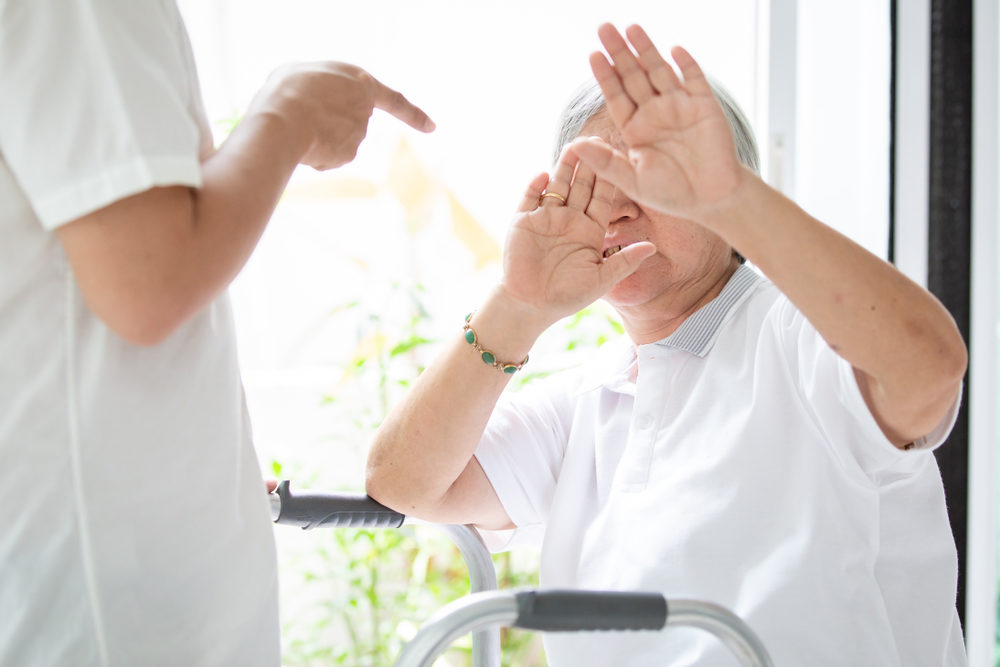Medical Malpractice and Neglect in Nursing Homes

Medical malpractice is a serious problem throughout the United States, but this is especially true in nursing homes. Nursing home residents are often elderly and frail, and they require specialized care and attention. Unfortunately, nursing homes are often understaffed, and the staff members who are responsible for taking care of residents are often overworked and undertrained. This can lead to medical errors and negligence that can have devastating consequences for residents and their families.
Medication Errors
One of the most common forms of medical malpractice in nursing homes is medication errors. Thousands of medication error lawsuits are filed each year, many of them coming from nursing homes. Nursing home residents often require multiple medications, and it is the responsibility of nursing home staff to ensure that these medications are administered correctly. Unfortunately, medication errors are all too common in nursing homes. Staff members may give residents the wrong medication, the wrong dose of medication, or fail to give them medication at all. In some cases, medication errors can lead to serious health complications or even death.
Neglect
Another common form of medical malpractice in nursing homes is neglect. Nursing home residents require a high level of care, and neglect can have serious consequences. Neglect can take many forms, including failing to provide residents with adequate food and water, failing to move them to prevent bedsores–and failing to properly clean and care for bedsores–or failing to provide them with basic hygiene. Neglect could also be the failure to properly supervise residents, resulting in them falling or choking. Neglect can lead to serious health complications, including infections, malnutrition, dehydration, and even death.
Lack of Monitoring
Seven Categories of Health Careers – Mind My Feed may also fail to properly monitor residents’ health, leading to delayed diagnosis and treatment of medical conditions. This can have serious consequences, especially for residents with chronic conditions, infections, or who are at risk for certain illnesses. Failure to monitor residents’ health could also lead to falls and other injuries, which can be life-threatening for elderly individuals.
Abuse
In addition to medical malpractice, nursing homes may also engage in other forms of abuse and neglect. This can include physical abuse, emotional abuse, and financial abuse. Nursing home staff members may physically abuse residents by hitting or restraining them, while emotional abuse can take the form of verbal harassment or isolation. Financial abuse can involve stealing or misusing residents’ money or property.
What Can Be Done?
Several steps can be taken to prevent medical malpractice and other forms of abuse and neglect in nursing homes. These steps could include:
Increase Staffing
One of the most important steps is to increase staffing levels and improve staff training. Nursing homes should ensure that they have enough staff members to provide residents with the care and attention they need and that staff members are properly trained to handle the complex medical needs of elderly individuals. Unfortunately, with the mass shortage of qualified caregivers, it’s difficult for assisted living facilities to find the right people for the job. When nursing homes do find the right people, they need to be able to offer competitive wages to keep them around, but this often requires more funding.
Monitor Staff Performance
Nursing homes should also implement systems to monitor staff performance and ensure that they are following proper protocols for administering medications, providing care, and monitoring residents’ health. This can include regular audits, performance reviews, and ongoing training and education for staff members.
Do Your Research
Residents and their families can also take steps to protect themselves from medical malpractice and other forms of abuse and neglect. This includes Find The Best Nursing Homes In 2023 – Forbes Health before choosing one, asking about staffing levels and staff training, and monitoring the care that their loved ones receive while in a nursing home.
Look Out For Your Loved Ones
In addition, residents and their families should be vigilant for signs of abuse and neglect, including unexplained injuries, changes in behavior, and financial discrepancies. If they suspect that abuse or neglect is occurring, they should report it immediately to the nursing home administration and the appropriate authorities.
Conclusions
In conclusion, medical malpractice and other forms of abuse and neglect are serious problems in nursing homes. Nursing home residents are often elderly and vulnerable, and they require specialized care and attention. To prevent medical malpractice and other forms of abuse and neglect, nursing homes must increase staffing levels and improve staff training, while residents and their families must be vigilant and take steps to protect themselves. By working together, we can ensure that nursing home residents receive the care and attention they deserve.

